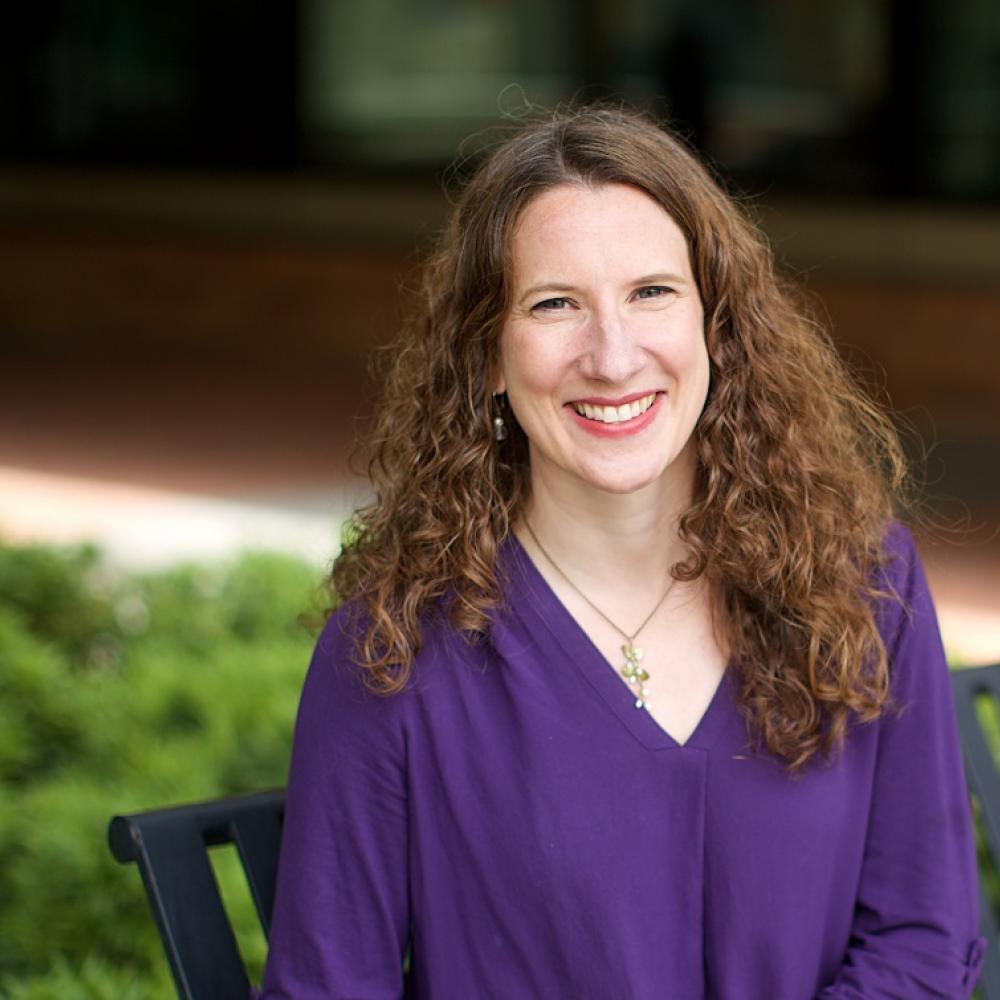These researchers have dedicated their careers to finding new treatments and cures for people with cancer.

Colorectal cancer is on the rise among younger adults. Between 2014 and 2018, incidence rose by 1.5% per year in patients younger than 50.* Researching the influence of genetics and environmental exposure in colorectal cancer is vital to advancing personalized treatment and care for high-risk populations.
Dr. Cohen, a medical oncologist at Fred Hutchinson Cancer Center and a Conquer Cancer grant recipient, works to uncover the genetic and environmental factors conducive to causing and multiplying gastrointestinal cancers.
“Patients often ask why they got their cancer; while we do not know that answer for most cases, it inspires me to research this intersection between genetics and the environment in greater detail,” said Dr. Cohen. “My Conquer Cancer–funded research focused on genetic markers that may impact the development and progression of colorectal cancer. I have found metastatic colorectal cancer to be a fitting disease to study this phenomenon as it is both common and heterogeneous.”
*Source: Cancer.Net.
Mapping Genetic Markers of Colorectal Cancer
Using Conquer Cancer support, Dr. Cohen launched a comprehensive literature review to identify and map genetic markers linked to metastatic colorectal cancer. She gained access to a global network of cancer researchers who are sorting and analyzing genomic data to help doctors better understand disease progression in patients.
“Our goal was to identify ‘progression genes’ to understand why early cancers may progress to advanced cancers. Identifying these genes may permit us in the future to target these pathways and slow progression to advanced or metastatic disease,” said Dr. Cohen. “We are now learning how to divide colorectal cancer by common genetic themes and better individualize care, which is my ultimate goal. [Conquer Cancer support] allowed me to take that first step, and I am incredibly grateful.”
Dr. Cohen found several cancer-accelerating genes and sorted them into groups based on four vital biologic functions: immunity, paracrine signaling, extracellular matrix, and lymphangiogenesis. Categorizing these genomic themes is helping Dr. Cohen build alternatives to standard care, bring research into clinical settings, and more effectively personalize treatment for patients.
“I think it was this type of unique genetic research that inspired my interest in circulating tumor DNA (ctDNA), which is a novel biomarker in colorectal and other cancers. I am now bringing my ctDNA research into the clinic as part of observational and interventional trials,” said Dr. Cohen. “My hope is that I can continue to look beyond what is standard to offer patients new opportunities in genomics-inspired research.”
Multiple Avenues of Research
This promising work may also illuminate the multifaceted role of environmental exposures in the development and spread of colorectal cancer.
“I think this project demonstrated how complicated colorectal cancer is; we know that up to 33% are familial, but only 5% to 10% are related to hereditary cancer family syndromes. There appears to be a big impact of environmental factors, which may explain current epidemiologic trends, including use of antibiotics, the microbiome, and changes in diet,” said Dr. Cohen. “Future genetic/environmental interaction research is greatly needed to shed further light on why we are noticing these epidemiologic trends and how we can protect high-risk populations."
Advancing care for every patient remains at the core of Dr. Cohen’s work toward conquering cancer.
“I am honored when patients seek out my opinion on such matters and when I have the chance to teach others about what I have learned,” said Dr. Cohen.
